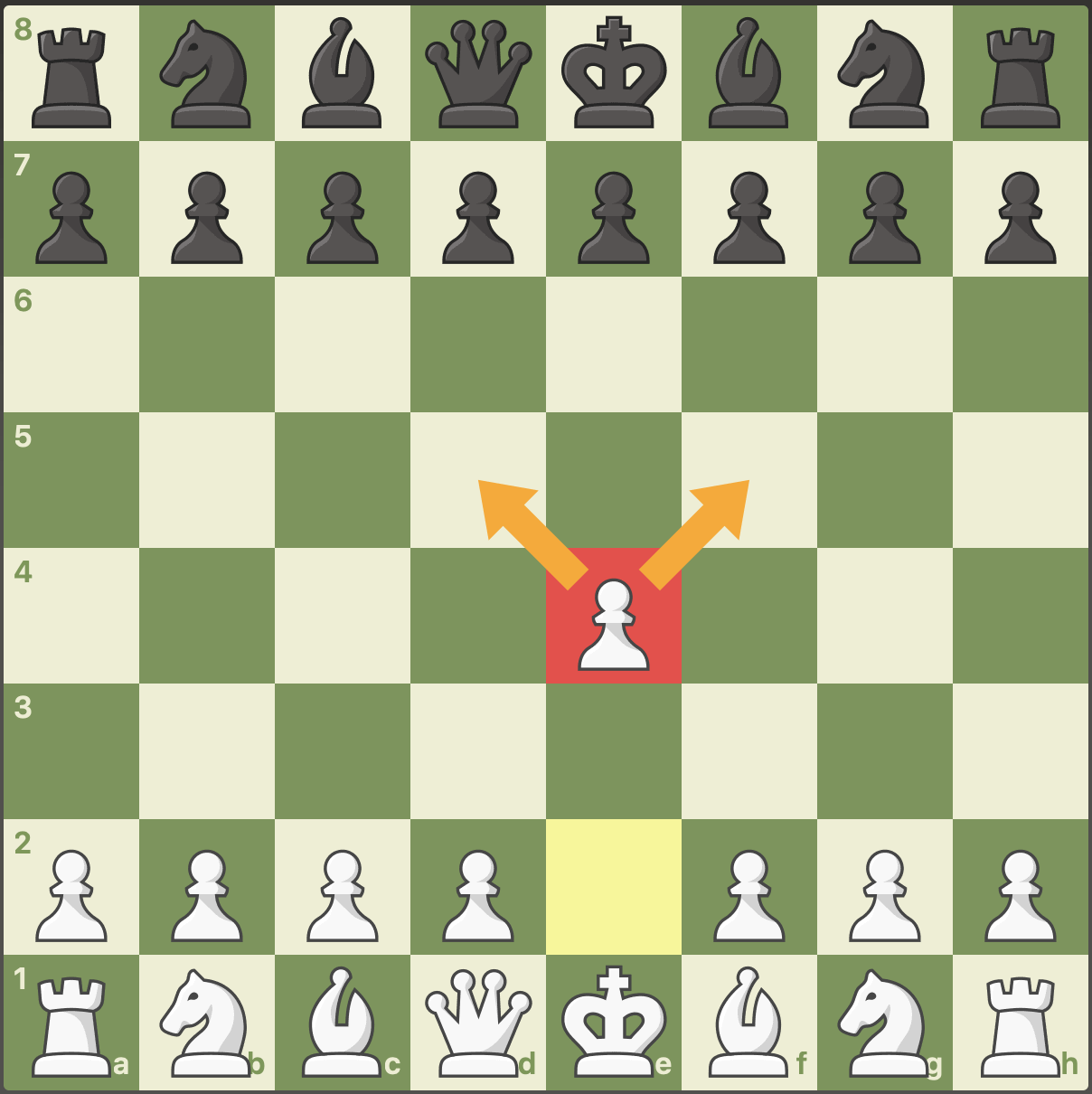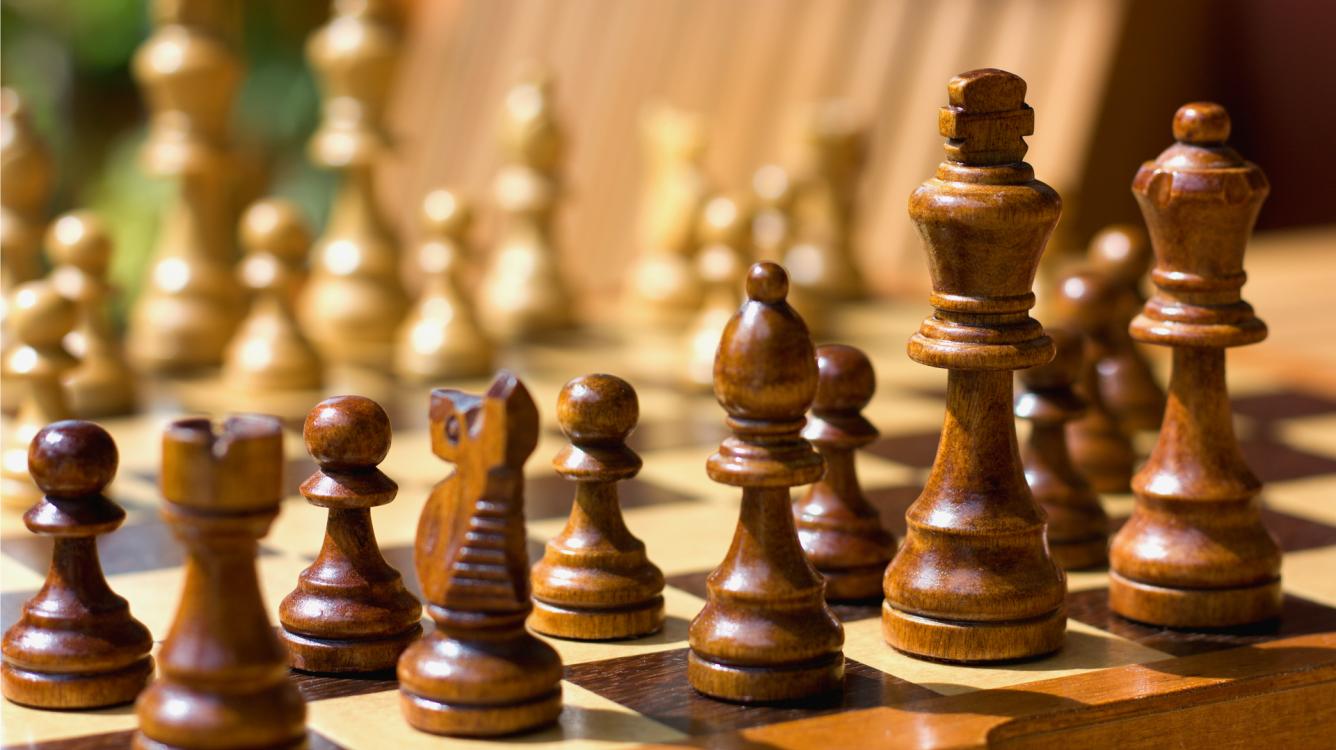Future of Chess in the Online World
Wiki Article
Why You Must Play Chess: The Advantages of Taking Part In This Classic Intellectual Obstacle
Chess is even more than a basic game; it serves as a rigorous psychological exercise that hones numerous cognitive abilities. Players engage in critical thinking and create problem-solving capabilities, which can have long lasting advantages in everyday life. The self-control needed for renovation cultivates patience and durability. The true significance of chess exists not simply in its intellectual needs yet in the links it cultivates within a neighborhood. Exploring these dimensions exposes much about why chess remains ageless.Enhancing Cognitive Abilities
Playing chess significantly boosts cognitive abilities, making it a useful task for individuals of any ages. The video game needs critical reasoning and foresight, requiring players to anticipate their opponent's relocations while creating a winning strategy. This mental exercise hones focus and concentration, crucial components of cognitive function.
In addition, chess urges imagination, motivating gamers to discover innovative tactics and non-traditional approaches to the game. As they navigate the chessboard, people create perseverance and durability, crucial qualities for cognitive growth. Overall, the multifaceted cognitive advantages of chess make it an improving quest, promoting long-lasting psychological agility and intellectual engagement.
Boosting Problem-Solving Talents
Many researches have actually shown that taking part in chess can greatly enhance analytical abilities. The game needs gamers to examine intricate placements and expect the challenger's steps, fostering important believing skills. As they navigate various circumstances, chess players develop the ability to review multiple end results and make tactical choices under stress. This procedure boosts their capability to strategy real-life issues with an organized frame of mind.Chess advertises the recognition of patterns and the application of logical reasoning, skills that are essential in efficient analytic. Gamers discover to analyze risks and benefits, fine-tuning their judgment in uncertain scenarios. The repeated nature of chess play strengthens these abilities, allowing individuals to transfer their enhanced analytical capacities to scholastic and professional contexts. Ultimately, chess works as an important device for any person looking for to develop their logical skills and boost their overall cognitive functioning in challenging situations.
Growing Perseverance and Technique
While involving in chess can be an amazing experience, it additionally needs a substantial degree of patience and discipline. Players must find out to meticulously take into consideration each action, considering possible outcomes and techniques. This thoughtful method fosters a way of thinking that values long-term success over immediate satisfaction. In chess, rash decisions frequently result in unfavorable effects, reinforcing the relevance of taking one's time to evaluate the board and prepare for a challenger's actions.
Discipline is additional grown through regular method and research. Players usually devote hours to enhancing their skills, examining methods, and evaluating previous games. This commitment to understanding the game imparts a sense of responsibility and willpower, essential traits that extend past the chessboard. Ultimately, the mix of persistence and self-control not just enhances a player's chess capacities but additionally adds to personal growth, gearing up people with vital devices for steering challenges in various elements of life.
Cultivating Creative Thinking and Imagination

Strategizing steps entails not simply reasoning however additionally the capacity to prepare for a challenger's responses, encouraging players to imagine several pathways and options. As players explore various methods, they find out to introduce and adjust, boosting their imaginative analytic skills.
Furthermore, the game's complexity invites players to explore unique concepts and approaches, leading to individual designs of play. This expedition nurtures a sense of imaginative expression, as each gamer crafts their own method to challenges on the board. Ultimately, chess comes to be a canvas for imagination, enabling people to share their special point of views while developing their creative abilities
official site
Structure Social Connections and Community
Playing chess supplies possibilities for individuals to network with tournaments and neighborhood chess clubs. These environments foster connections among gamers, creating a feeling of recreation center around a common enthusiasm. Participating in these tasks not only boosts skills yet likewise constructs long-term partnerships.Networking With Tournaments
When individuals participate in chess events, they usually locate themselves engaged in a vibrant neighborhood of similar individuals. These occasions provide a superb platform for gamers to build connections, share approaches, and commemorate their enthusiasm for the game. Taking part in pleasant competition promotes friendship, as gamers from varied histories integrated to test each other. Networking chances abound, with lots of individuals developing long-term friendships that expand beyond the chessboard. Furthermore, these tournaments commonly bring in sponsors and chess enthusiasts, additionally boosting the potential for professional connections. As gamers take part in discussions about strategies and experiences, they develop a network that can bring about future collaborations and possibilities within the chess globe and past.Local Chess Clubs

Giving an Enjoyable and Engaging Obstacle
Chess uses a distinctively promoting experience that captivates gamers of any ages, as it combines critical thinking with the thrill of competitors. This ageless game offers a compelling obstacle, motivating individuals to assume critically and artistically. Each suit unfolds as a fight of wits, where players must expect their opponent's steps while developing their very own methods.The intellectual interaction chess offers is matched by its capacity to captivate. Gamers often discover themselves immersed in the video game, losing track of time as they browse complicated placements and tactical problems (Chess). This enhanced emphasis fosters a feeling of success, especially when a difficult step leads to success
Chess advertises social communication, allowing players to bond over common experiences and obstacles. The game's unlimited variants assure that no two sessions are alike, keeping participants passionate to improve their skills and approaches. This dynamic blend of difficulty and satisfaction makes chess an irresistible quest.
Often Asked Inquiries
Can Chess Be Played Online or personally?
Chess can go right here be played both online and in person. On the internet systems supply players the comfort of completing versus challengers worldwide, while in-person games foster social interaction and physical presence, improving the total experience.What Age Is Best to Beginning Learning Chess?
Experts recommend that youngsters can begin finding out chess as very early as age five or six. At this age, they can comprehend fundamental ideas, improving cognitive skills while fostering a love for the video game that lasts a life time.Exist Chess Tournaments for Beginners?
Yes, there are chess tournaments specifically developed for beginners. These occasions give an encouraging atmosphere for newbie players to get experience, enhance their skills, and delight in the competitive spirit of chess without facing advanced challengers.For how long Does It Require To Become Competent at Chess?
Coming to be efficient at content chess usually requires constant practice over numerous months to years. Elements such as specific commitment, previous experience, and study of approaches considerably influence the moment needed to get to a skilled degree.What Resources Are Available for Learning Chess Approaches?
Various sources exist for learning chess methods, consisting of on the internet tutorials, publications by popular authors, chess apps, and interactive internet sites. Numerous gamers also profit from joining regional clubs or joining online forums for real-time understandings.Report this wiki page